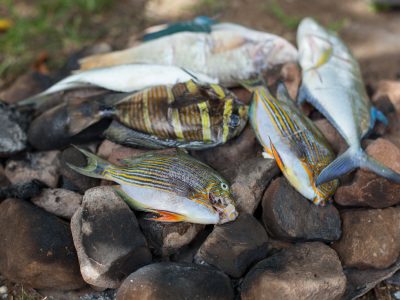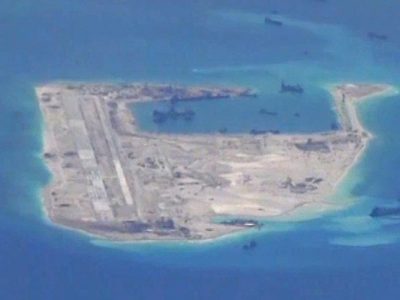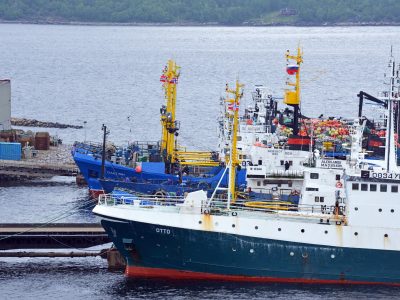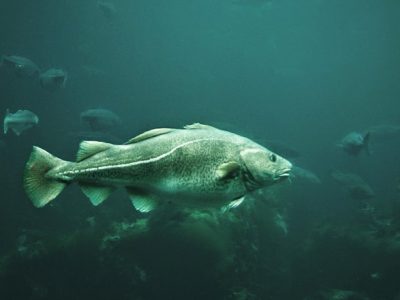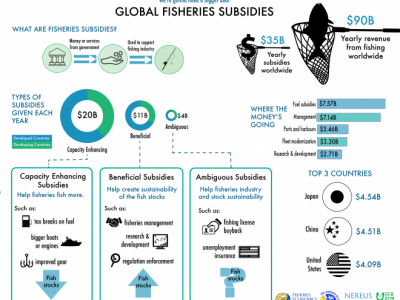Sustainable management of the high seas could recoup fish stock losses due to climate change
Closing the high seas to fishing could increase fish catches in coastal waters by 10%, compensating for expected losses due to climate change, finds a new Nippon Foundation-Nereus Program study published in Fish and Fisheries.
The high seas are those areas of the ocean outside the jurisdiction of countries; the high seas cover nearly two thirds of the ocean’s surface. These results could be seen by 2050 relative to 2000 and cooperatively managing the high seas fisheries would have similar effects.



